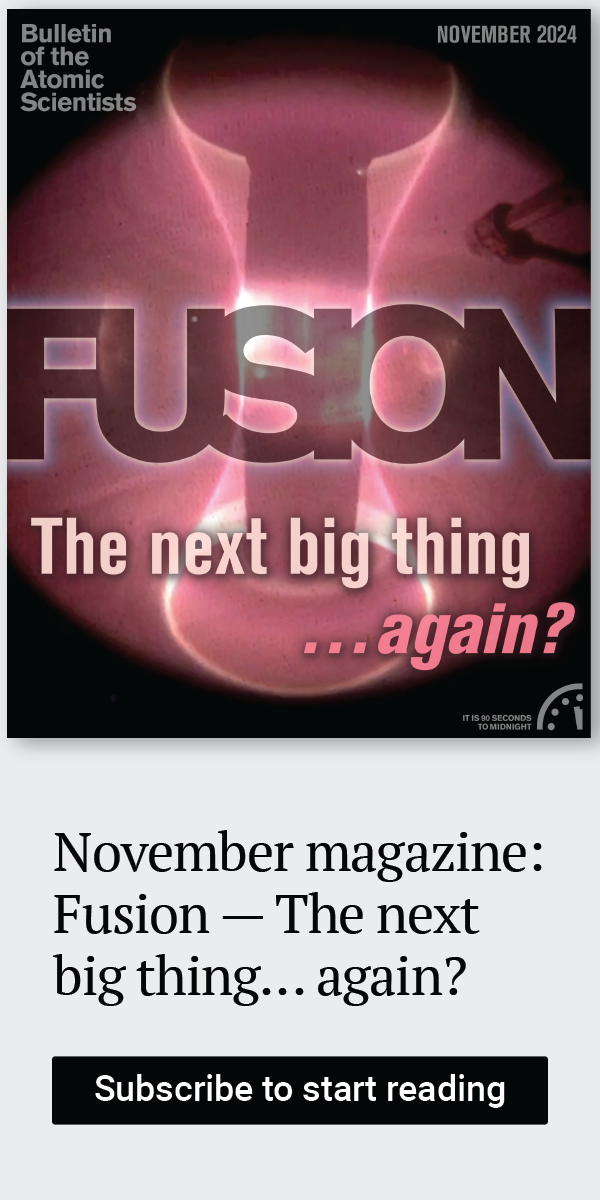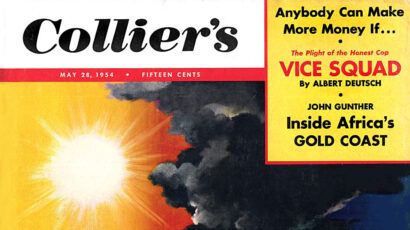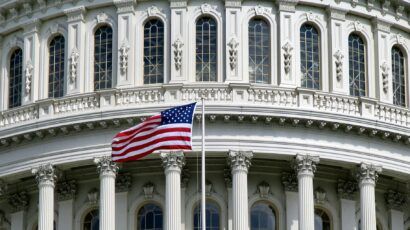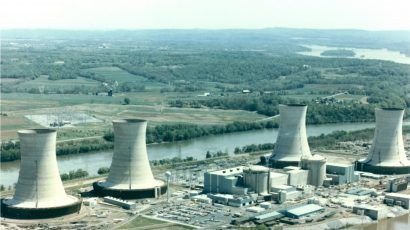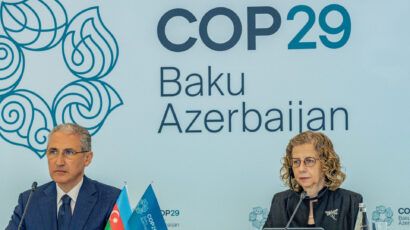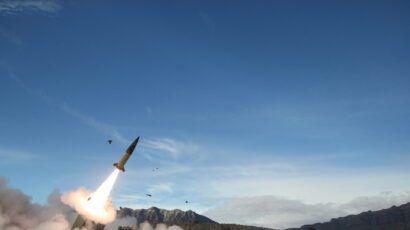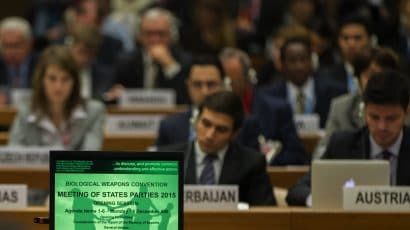In the zone? Chemical weapons and the Middle East: The Israeli response
By Emily B. Landau | May 1, 2014
In 2012, an effort to establish a zone in the Middle East free of weapons of mass destruction ran out of momentum. In 2013, a chemical attack in the outskirts of Damascus nearly brought about US intervention in the Syrian civil war and ultimately led to Syria’s accession to the Chemical Weapons Convention. Against this backdrop, some have suggested that the time is right to establish in the region a zone free of chemical weapons. Authors from three countries—Emily B. Landau of Israel,
Together, we make the world safer.
The Bulletin elevates expert voices above the noise. But as an independent nonprofit organization, our operations depend on the support of readers like you. Help us continue to deliver quality journalism that holds leaders accountable. Your support of our work at any level is important. In return, we promise our coverage will be understandable, influential, vigilant, solution-oriented, and fair-minded. Together we can make a difference.
Issue: Bulletin of the Atomic Scientists Volume 70 Issue 3
Keywords: Assad, Chemical Weapons Convention, Egypt, Israel, Middle East, Syria, arms control, chemical-weapon-free zone, deterrence, security
Topics: Uncategorized

